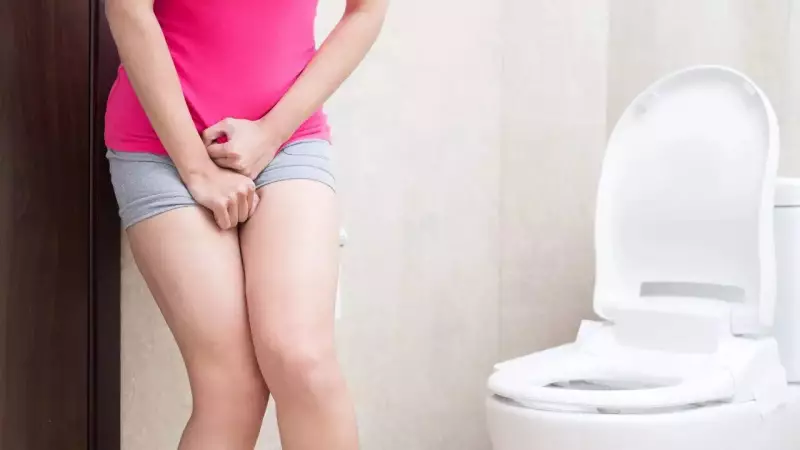
Have you ever noticed a sudden, urgent need to visit the bathroom more often once your period starts? You are not alone. This common experience, while sometimes inconvenient, is a standard part of the menstrual cycle for many women. Understanding the 'why' behind it can help you manage your days better and ease any unnecessary worries.
The Science Behind Frequent Urination
This phenomenon is not just in your head; it's rooted in your body's physiology. A study published in the BJOG journal confirmed that most women with regular cycles report their urinary symptoms, like frequency and urgency, change with their menstrual phases, often peaking during or just before their period.
Hormonal Fluctuations are Key
Your menstrual cycle is governed by the rhythmic dance of hormones like oestrogen and progesterone. These hormones don't just regulate your period; they also significantly impact your lower urinary tract. The fluctuations can make your bladder more sensitive and affect the muscles controlling urination, leading to that persistent feeling of needing to go.
Fluid Retention and Release
In the days leading up to your period, your body often holds onto extra water, causing that familiar bloated feeling. When menstruation begins, this excess fluid is released, and one of the primary routes for its exit is through urination. This is your body's natural way of balancing its fluid levels.
Physical Pressure on the Bladder
During your period, the uterus contracts to shed its lining. This activity can exert direct pressure on your nearby bladder, reducing its capacity. Furthermore, cramping and fatigue in the pelvic floor muscles can heighten the sensation of urgency, making you feel the need to urinate even when your bladder isn't full.
When Should You Be Concerned?
A mild increase in bathroom trips around your period is generally normal and should subside once your cycle ends. However, it's crucial to pay attention to warning signs. You should consult a doctor if you experience painful or burning urination, cloudy/foul-smelling urine, blood in urine beyond normal spotting, a sudden severe frequency increase, or incontinence. These symptoms could indicate a urinary tract infection (UTI) or another underlying condition like an overactive bladder (OAB) that needs medical attention.
Practical Tips for Management
You can take simple steps to make this symptom more manageable. First, stay hydrated by drinking 1.5 to 2 litres of water daily, as dehydration can irritate the bladder. Second, limit bladder irritants like caffeine, alcohol, and very salty foods. Third, consider pelvic floor exercises (Kegels) to strengthen the muscles that support bladder control. Finally, choose comfortable menstrual products that don't press on your lower abdomen and track your patterns to better understand your body's unique rhythm.






